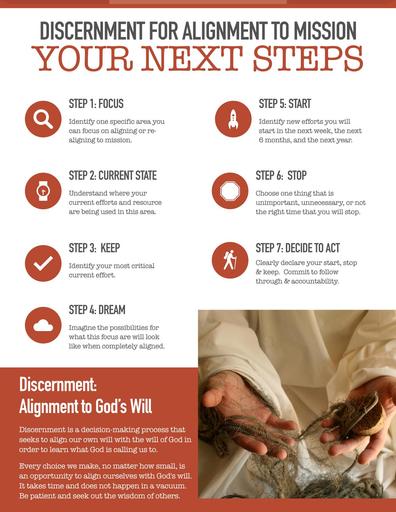The Making Disciples Today Blog has reflections to help you grow in your journey of missionary discipleship, reviews on recommended Catholic evangelization resources, and practical insight on how to evangelize in your daily life.
- Details
- Written by: Kristin Bird
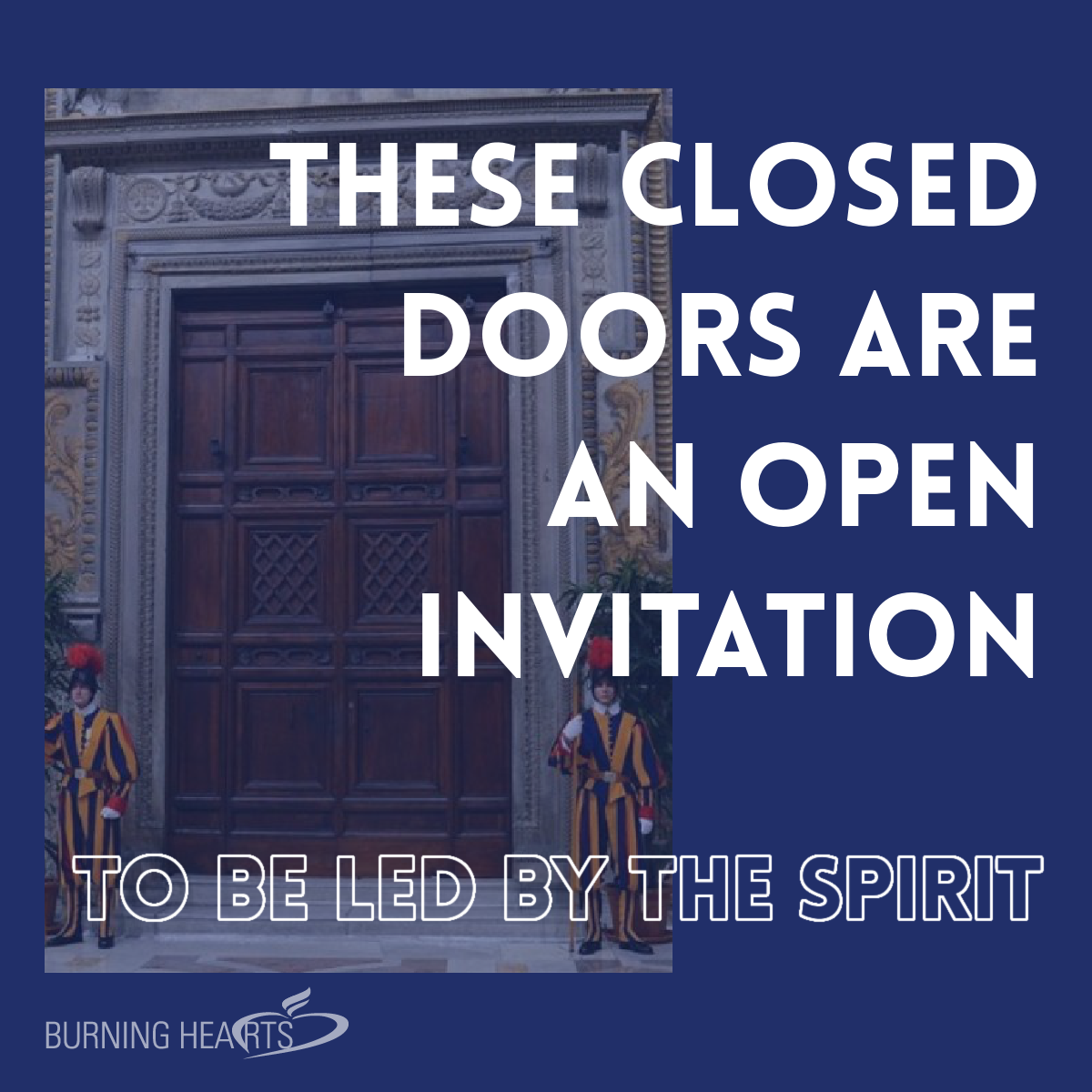
A Wake-Up Call for Parish Leaders
As the Cardinals gather behind locked doors in Rome, headlines swirl, speculation builds, and the world waits for white smoke. Everyone’s watching.
But what if this moment isn’t just something to observe?
What if the conclave is more than a moment in Rome—what if it's an invitation for you?
What if every parish leader used this time to pause, pray, and reflect—not just on who will lead the Church next, but on how we’re leading right now?
- Details
- Written by: Burning Hearts Team
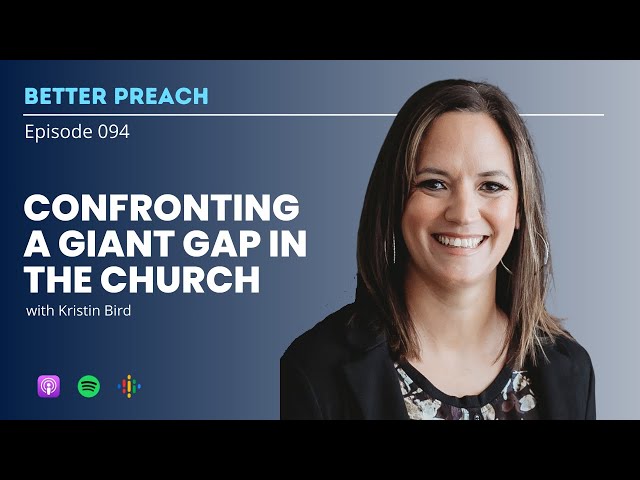
In a recent guest appearance on the Better Preach podcast with Ryan O’Hara, our Executive Director Kristin Bird dug into one of the biggest pain points we see in the Church today: the massive gap between what the Church teaches and what most Catholics experience.
They talked about why the answer isn’t more programs, more content, or even better preaching (though that helps!) but deeper accompaniment. If you're a Catholic leader hungry for real transformation in your parish or school, we think you’ll find this conversation both affirming and challenging.
- Details
- Written by: Kristin Bird
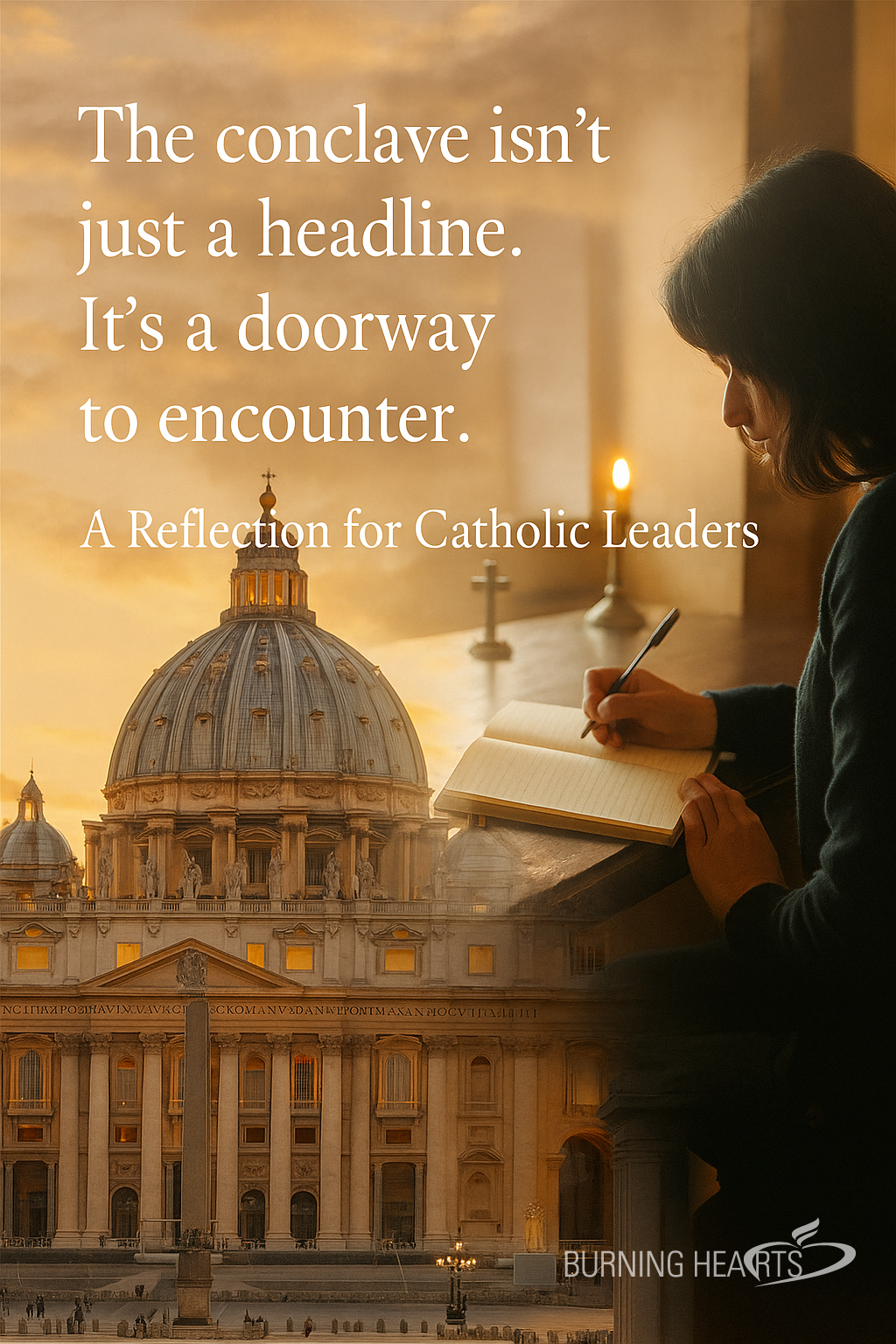
Parish, diocesan, and Catholic school leaders often feel pressure to ‘say something’ during major Church events. But what if our papal conclave coverage could do more than inform? What if it could actually evangelize?
It’s easy to fall into the trap of treating major Church events like breaking news. We rush to post updates, link talking head videos, and share novenas and prayers. And while those types of communications have value, they often miss the deeper evangelizing potential of a moment like this.
The conclave isn't just a Vatican headline. It's a living image of discernment, surrender, and communal listening to the Holy Spirit. It embodies the very practices we hope to cultivate in our own parishes and mission fields. It sparks new curiosity from people at a variety of places on the journey of faith. And that means it can become a doorway for deeper encounter.
How do we help our people walk through that doorway? How do we evangelize in this moment?
- Details
- Written by: Kristin Bird
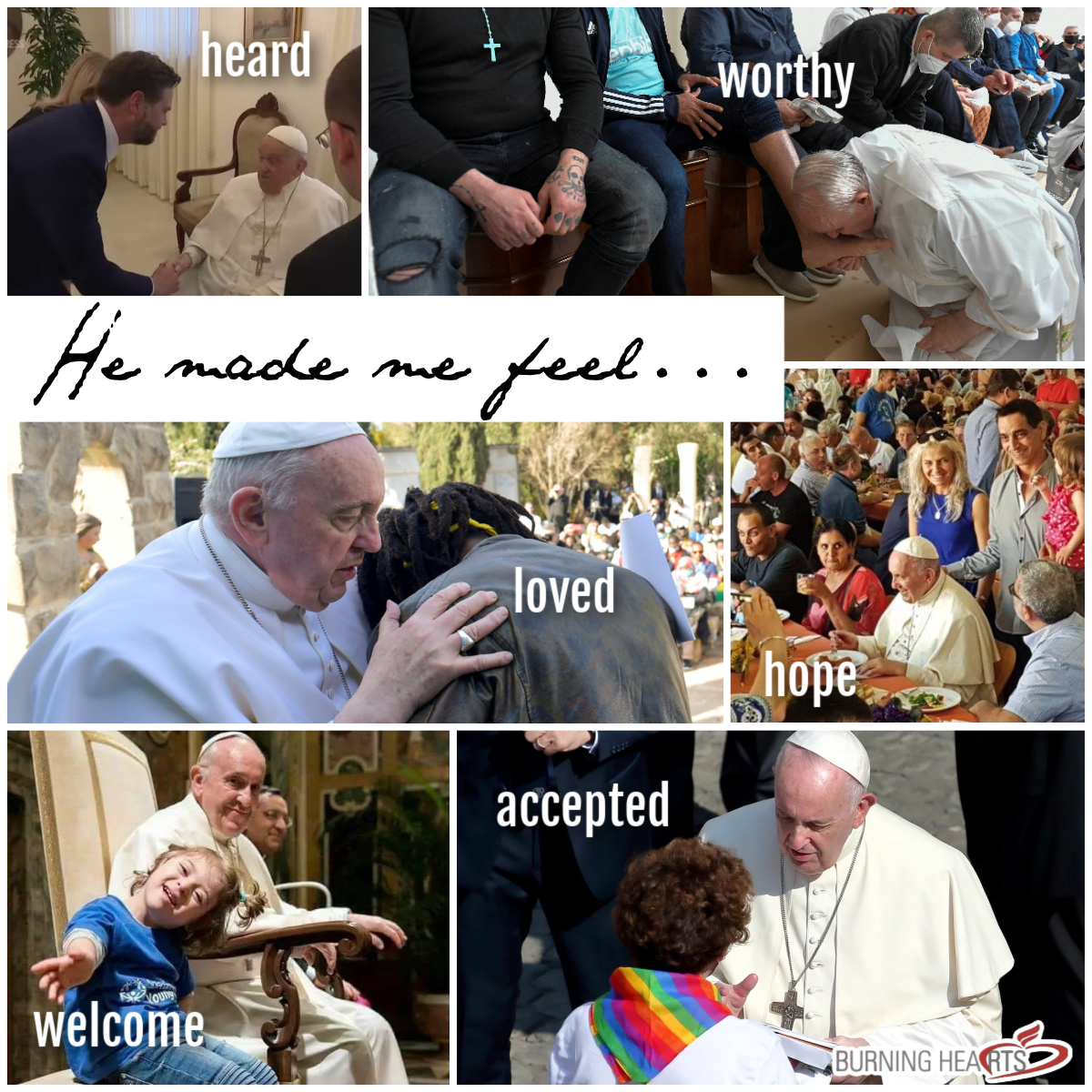
Dear friends in mission,
As word of Pope Francis’ passing echoes around the world, I keep seeing the same pattern again and again. It's all these comments from people who don’t share our faith, but found themselves moved by his witness.
These aren’t just compliments or platitudes.

